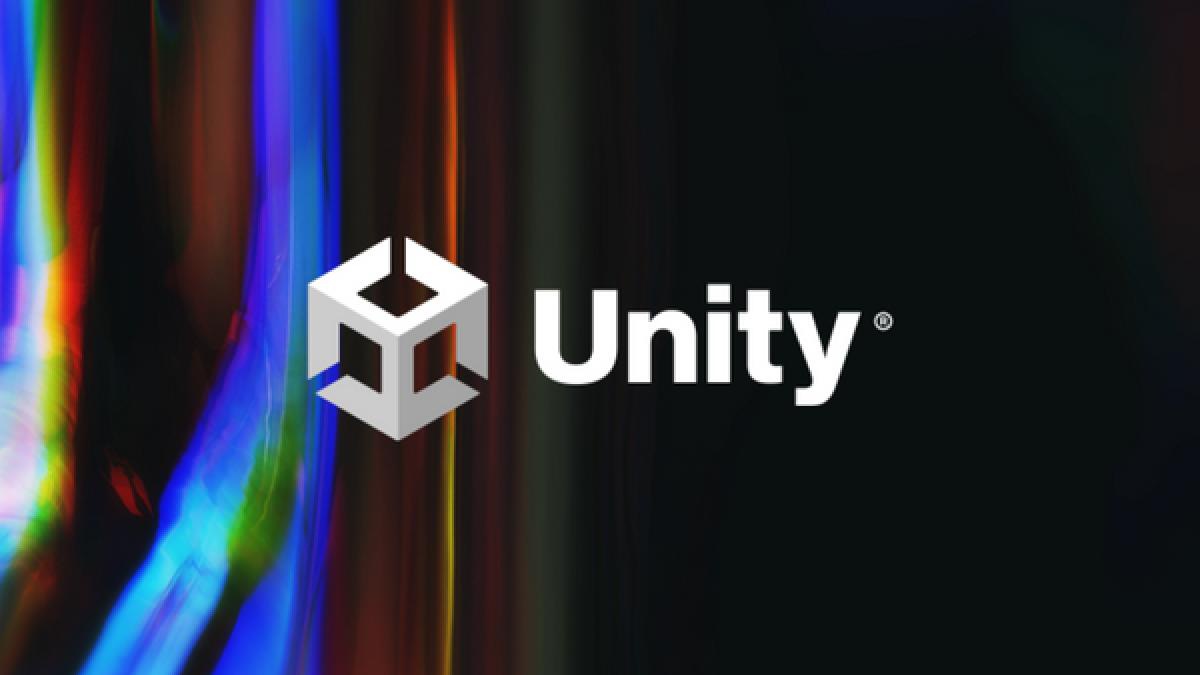Trending
Opinion: How will Project 2025 impact game developers?
The Heritage Foundation's manifesto for the possible next administration could do great harm to many, including large portions of the game development community.
Interim CEO Jim Whitehurst said interventions will "likely include discontinuing certain product offerings, reducing our workforce, and reducing our office footprint."

Engine maker Unity has told shareholders it will "likely" be making layoffs, reducing its office footprint, and discontinuing some products as part of a "comprehensive" portfolio assessment.
Interim CEO Jim Whitehurst said the move is part of a broader commitment to implementing a "customer-first business model," and explained the company will also need to find a cost structure that aligns with its more focused portfolio.
"This business model is enabled by the right product portfolio, the right initiatives and clear focus. And when executed with excellence, this business model is designed to deliver faster revenue growth, improved profitability metrics, and increased cash flow," he wrote in a letter to shareholders.
Whitehurst expects the company to start implementing its restructuring plan during the current quarter. "[We] expect to complete all interventions before the end of the first quarter of 2024. This will likely include discontinuing certain product offerings, reducing our workforce, and reducing our office footprint," he added.
The news comes after Unity posted what it described as "mixed" third-quarter results. That's despite revenue increasing by 69 percent year-on-year to $544 million, which the company noted was within its guidance range of $540 to $550 million. GAAP net loss for the quarter fell by 50 percent year-over-year to $125 million.
"While revenue came in within guidance, we believe we can do better," said Whitehurst, who stepped up as interim CEO following the departure of John Riccitiello earlier this year.
Moving forward, Whitehurst said Unity plans to focus more on the Unity Editor and Runtime and Monetization Solutions. He claimed there are "significant opportunities for growth" in those business areas, and indicated the company will also be throwing its weight behind AI tech.
Unity has been heavily criticized this year over its decision to implement a controversial new Runtime Fee before back-pedaling after a colossal backlash that saw high-profile publishers and studios threaten to ditch the game engine and other Unity products.
When announcing the original iteration of the Runtime Fee, Unity Create president Marc Whitten said the company needed to "make more money" to continue investing in the engine. The reworked Runtime Fee attempted to address some of the concerns raised by developers, but Unity is now facing an uphill struggle as it seeks to regain the trust of the development community.
You May Also Like